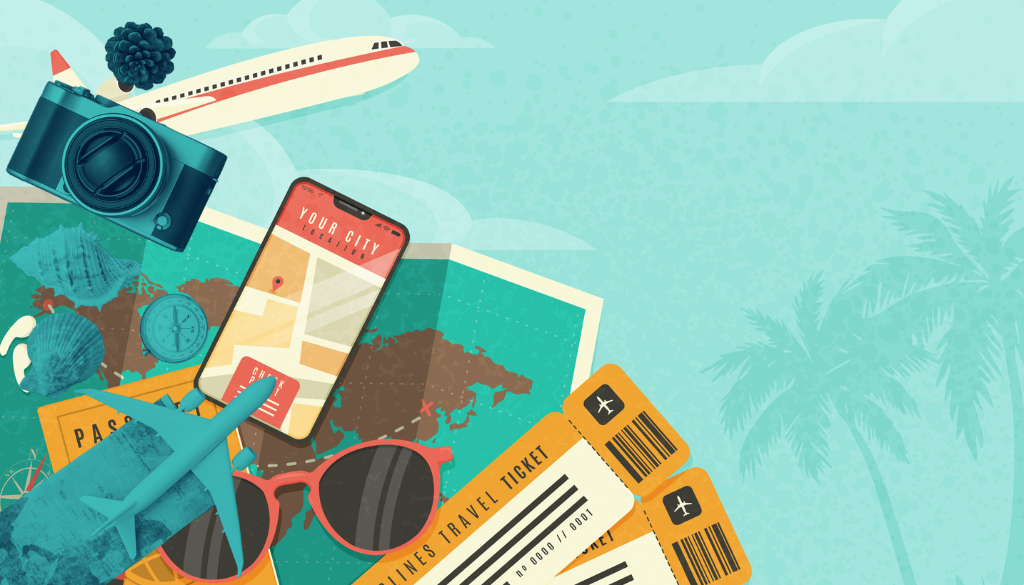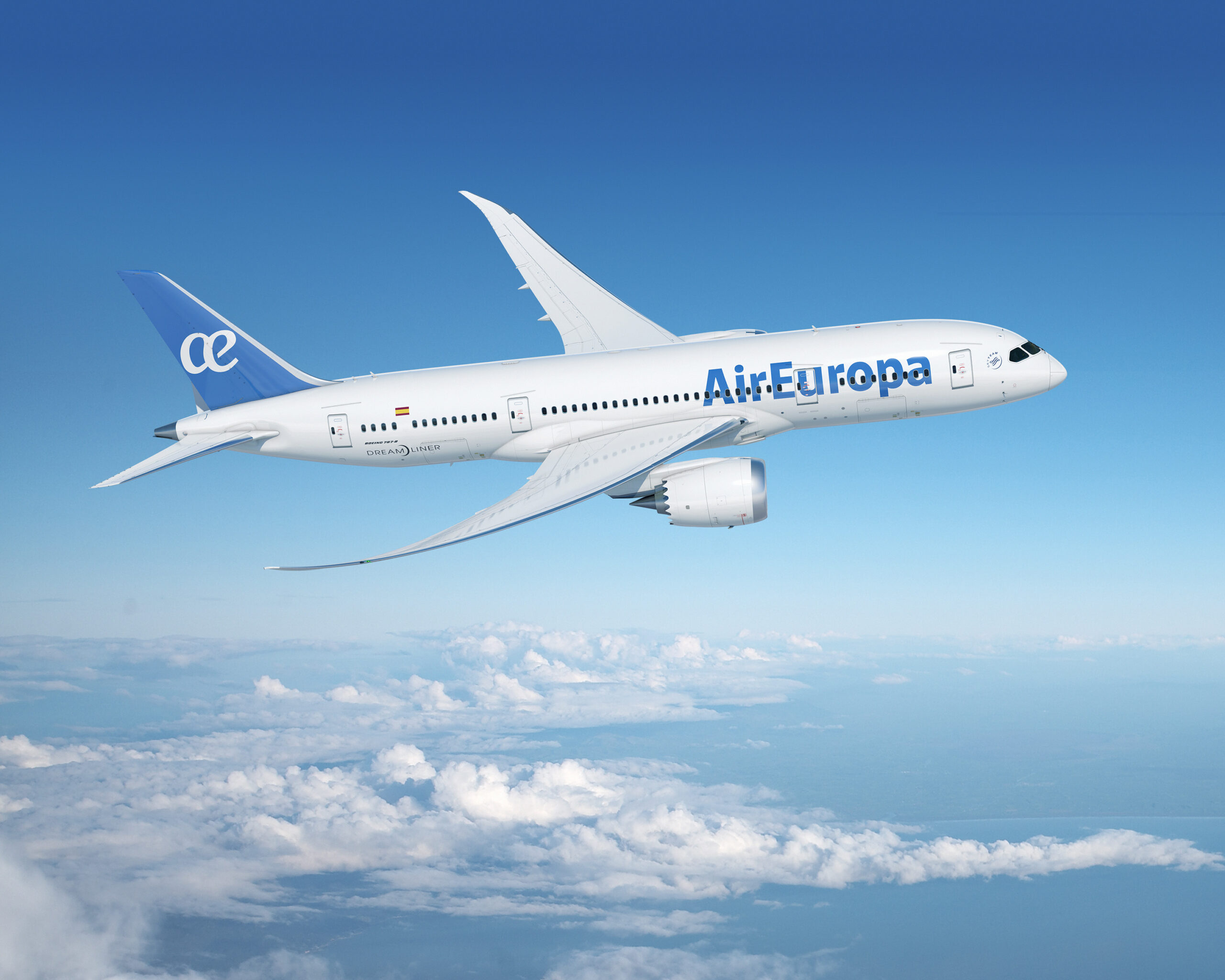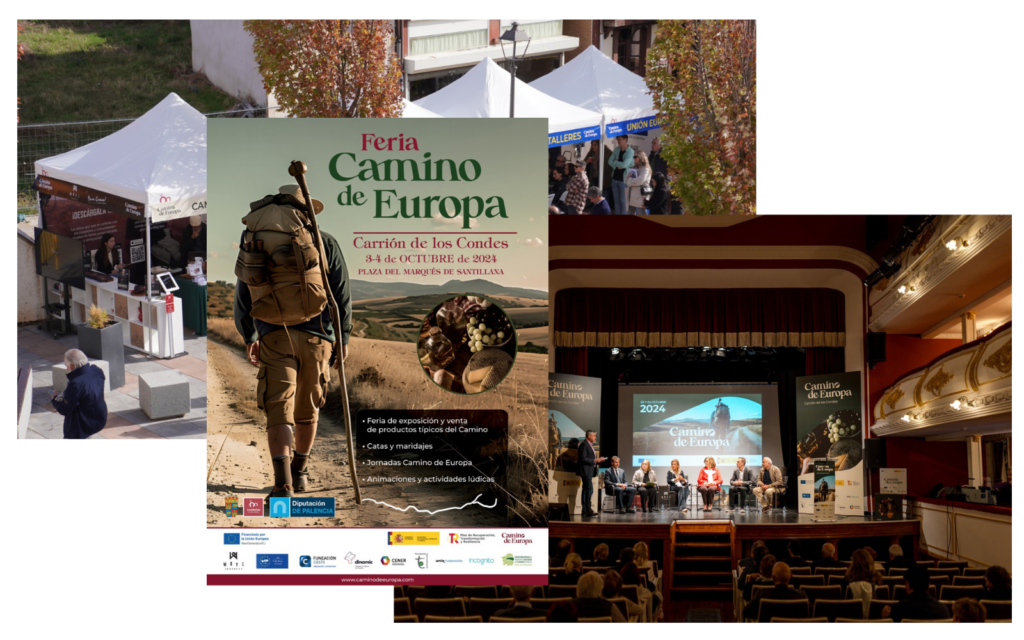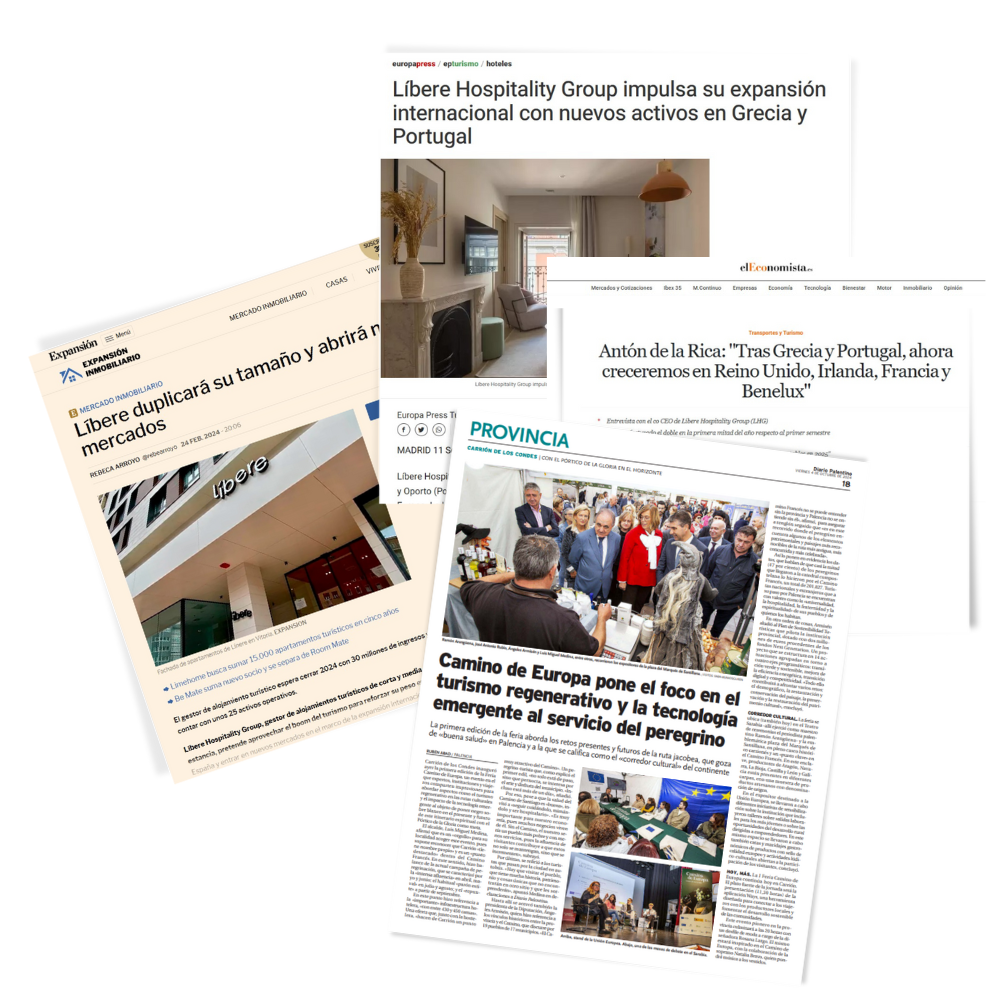FAQs Marketing & Tourism
Because it helps you stand out in a competitive market, attract customers, improve loyalty and increase your return on investment.
It is the set of actions and strategies that promote tourist destinations, services and experiences.
Such as the use of communication and promotion tools (advertising, public relations, digital marketing) to attract tourists and enhance their experience.
The combination of the 4 Ps:
-
Product: services or experiences offered.
-
Price: what the customer pays.
-
Plaza: sales or distribution channels.
-
Promotion: how it is communicated to the public.
-
Engaging and relevant content.
-
SEO and digital marketing.
-
Customer relationship management.
-
Promotional and loyalty campaigns.
Helps businesses attract customers and achieve objectives through campaigns, reputation management, and online optimisation.
Manages communication with the public: media relations, crisis management, spokespersons and brand messaging.
With experts in digital tourism marketing:
-
SEO
-
Online advertising
-
Social media
-
Email marketing
-
Content marketing
We have worked with airlines, hotels, and hospitality tech companies, helping them achieve their marketing and communication goals.
Because we combine experience, creativity and customer focus, offering tailored strategies and measurable results.
With research, analysis, strategic creativity and in-depth knowledge of tourism. We tailor each strategy to the needs of your company.




